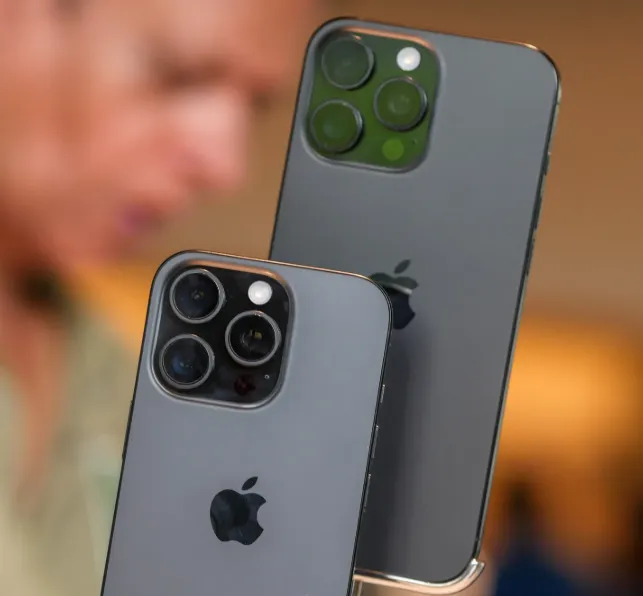Apple is currently defending itself against a lawsuit that claims the company misled customers regarding the introduction of advanced Siri features powered by Apple Intelligence on the iPhone 16. The case, Landsheft v. Apple Inc., was filed in California earlier this year and brings together 69 plaintiffs who allege they were misled into purchasing the iPhone 16 in 2024 based on the promised AI-driven updates.
At the heart of the lawsuit are two Siri upgrades—Personal Context Awareness and In-App Actions. The plaintiffs argue that these features were advertised as key selling points for the iPhone 16, but failed to be delivered on time, creating unrealistic expectations for customers.
Apple’s Response to the Lawsuit
Apple has requested that the court dismiss the case, arguing that it is an overreaction to the delay of two features. The tech giant emphasizes that it rolled out over 20 Apple Intelligence tools by the end of 2024, including advanced notifications, image editing, custom emojis, and improved Siri responses—most of which were offered for free.
In its defense, Apple contends that the plaintiffs cannot demonstrate that they relied specifically on the delayed features before purchasing their iPhones. Instead, the company argues, many of the plaintiffs based their decisions on advertisements, media reports, or the announcements made during Apple’s Worldwide Developers Conference (WWDC). Apple asserts that these general references do not meet the criteria required for fraud claims.
Additionally, Apple challenges other legal points raised by the plaintiffs, including breach of contract, warranty violations, and claims of unjust enrichment. The company maintains that the iPhones functioned as promised and that most of the legal arguments presented by the plaintiffs are not applicable.
A Wider Industry Issue
This lawsuit brings attention to a broader issue within the tech industry: the practice of selling hardware with promises of future software upgrades. While Apple’s approach of introducing cutting-edge AI tools through Apple Intelligence was seen as a competitive move against rivals like Google’s Gemini and Microsoft’s Copilot, the delays in delivering certain features have led to consumer dissatisfaction. The legal battle over Siri’s delay could tarnish Apple’s reputation and slow the momentum of its AI ambitions.
What’s Next for the Case?
The case will proceed to a hearing on January 7, 2026, in San Jose, where Judge Noel Wise will hear arguments. If Apple’s request for dismissal is granted, the case could end quickly. However, if the court allows the lawsuit to move forward, Apple might face a prolonged legal challenge that could shine a light on its marketing practices.
In the meantime, the question remains: Are two postponed Siri features enough to trigger a lawsuit against one of the world’s most influential tech companies? The outcome of this case could have wider implications for how companies market new technology and handle delayed features in the future.
